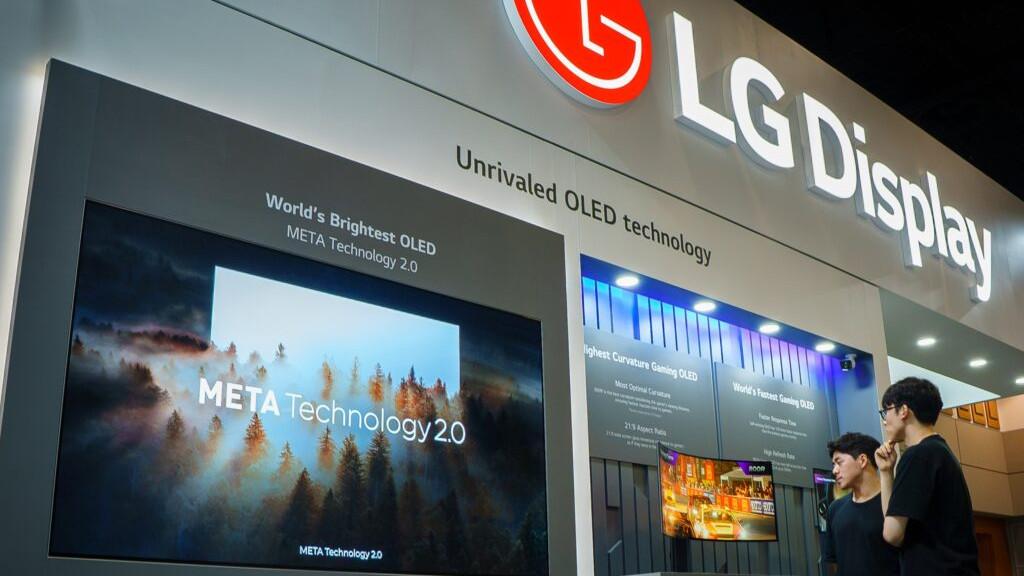LG Display, a world leading innovator of display technologies, has been recognised for its technology leadership with META Technology 2.0 at the International Meeting on Information Display (IMID) 2024. The company’s TV and Gaming OLED panels featuring META Technology 2.0, which pushes the boundaries of OLED picture quality, won the ‘Korea Display of the Year’ award on the opening day of the event at the International Convention Center Jeju.
IMID is Korea’s largest display conference, bringing together more than 2,000 display experts annually.
Raising the limits of large-sized OLED panels
META Technology 2.0 raises the limits of the capabilities of large-sized OLED panels through MLA+, a pattern of 42.4 billion micro lenses (based on a 77-inch 4K display), along with the upgraded brightness enhancing algorithm, META Multi Booster, and the full-range brightness detail enhancing algorithm, Detail Enhancer.
By improving brightness, one of the key elements of picture quality, by approximately 42% compared to the previous generation, LG Display has achieved the brightest OLED TV panel on the market today with a maximum brightness of 3,000 nits (1 nit is the brightness produced by a single candle). This enables rich, true-to-nature colours and brightness levels that are as vivid and three-dimensional as those seen with the human eye.
During IMID 2024, LG Display also showcased its differentiated technology leadership by presenting more than 30 of its latest research papers, including OLED performance enhancement and manufacturing innovation through AI and machine learning.
Technological breakthroughs
Among these, the company has introduced breakthroughs that have improved OLED panels, such as the development of high-efficiency devices and strengthening of thin-film transistor (TFT) backplane stability. LG Display is additionally promoting its findings on the characteristics of OLED TV panels that are supportive of healthy sleep as they emit less blue light than LCDs, minimising the impact of screen time on the secretion of the sleep hormone melatonin.
Moreover, it has presented research results on raising display manufacturing competitiveness using AI and machine learning, including increasing production efficiency by harnessing real-time big data analysis and optimising display design based on AI.


